Jürgen Klute*
My column today is about two things that, at first glance, don’t have much to do with each other. But if you look a little closer, you will see that they are connected.
On 15 July 2023, the European Union introduced a new day of remembrance: the European Day of Remembrance for the Victims of the Global Climate Crisis. This new day of remembrance was hardly noticed by the public. The European Commission has hardly communicated about it. However, Frans Timmermans presented and justified this day of remembrance in the Vienna-based daily newspaper “Der Standard”. Timmermans, a Social Democrat from the Netherlands, is a member of the European Commission and its deputy managing director. As EU Commissioner, he is responsible for the EU Commission’s climate protection policy.
The Impacts of Global Warming Felt Across Europe
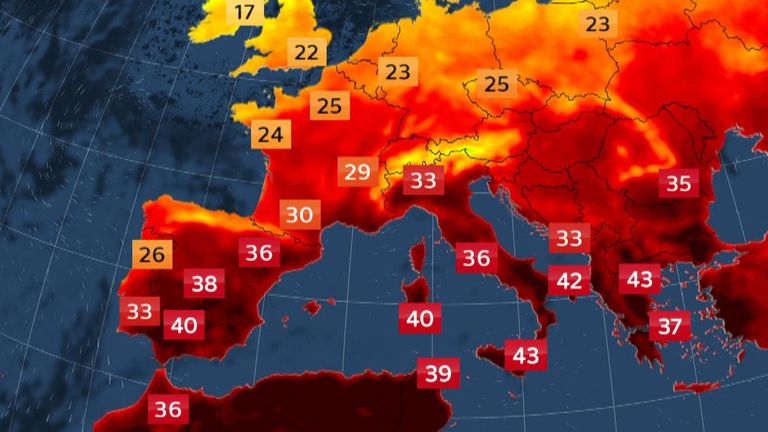
Meanwhile, global warming is also being experienced in Europe. During the heat wave in 2022, there were around 60,000 heat deaths, according to current calculations. This year, the measured temperatures are even higher than last year. The heat naturally leads to increasing drought. And at the same time, there is also increasing heavy rainfall and flooding.
Victims of global warming are of course not only in Europe but also in all other continents. The climate crisis is a global crisis. That is why it is right and proper that the new European Day of Remembrance focuses on all victims of the global climate crisis. After all, the European industrialized countries are responsible for the majority of all global CO2 emissions since the beginning of industrialization. This day of remembrance for the global victims of the climate crisis is therefore intended to raise awareness of the fact that we have to act quickly and also globally to stop further global warming.
The Kurdish Revolution in Rojava: A Strive for Autonomy
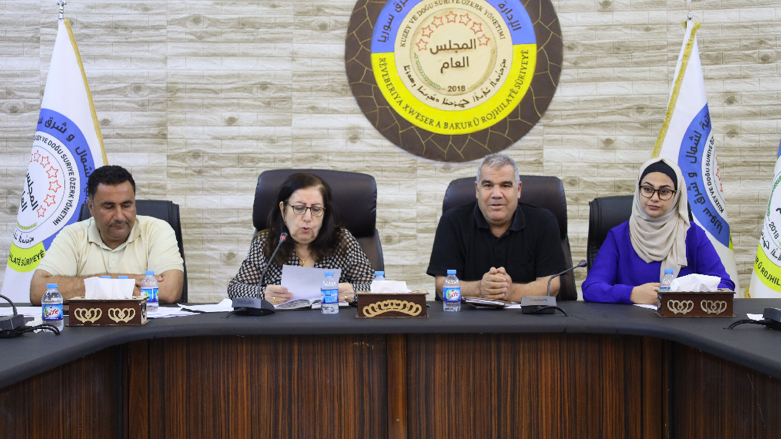
On 18 July 2023, the Representation Office of the Autonomous Administration of North and East Syria to the EU held a reception in Brussels. The occasion was the 11th anniversary of the beginning of the Kurdish revolution in Rojava (West Kurdistan / North Syria). It began on 19 July 2012, precisely the day when the Arab Spring gripped the world and countless people in North Africa and the Middle East marched on the streets demanding democracy and respect for human rights from their governments.
Abdulkarim Omar, representative of the Autonomous Administration of North and East Syria, recalled that 11 years ago, the Kurds in Rojava began to build an autonomous self-government inspired by the Arab Spring. Democracy, women’s rights, human rights, and a regional sustainable economy were and are the basic principles of autonomous self-administration. The impetus for this development came from the Kurdish community, which has existed in this region for many centuries. But the autonomous administration sees itself as an inclusive project and has integrated the other religious and ethnic groups living in this region from the very beginning, as Omar pointed out. This project is a democratic new beginning. Part of this new beginning is that it is not a centralized project, but a strongly grassroots democratic project. It is certainly not perfect yet. But there is currently no comparable democratic, feminist, and ecological project based on human rights in the region. That makes this project an attractive one. But it exists in a rather hostile environment. The surrounding authoritarian states see the project as a threat. Because this project keeps the spirit of human rights and democracy alive in the region, even after the Arab Spring has long been crushed. The authoritarian governments of the neighbourhood states fear that this project could fuel a renewed longing for freedom and democracy. The Turkish government in particular fears that this spillover will once again be felt in Turkish society. Consequently, the Turkish government is repeatedly taking military action against the autonomous administration in Rojava, although this is a clear violation of international law.
Current and former representatives of the European Parliament, who also came to the reception, underlined the role of the autonomous administration and stressed that the European Union must support the project.
Linking EU’s Energy Transition to the Middle East’s Economic Realities
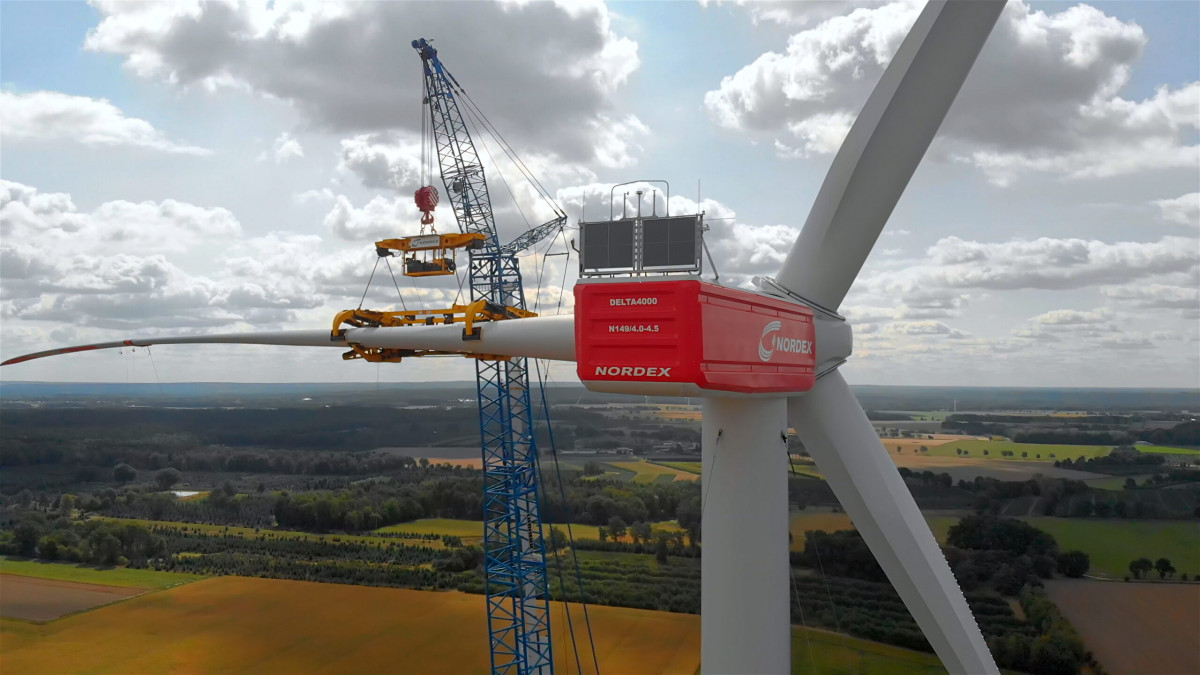
Back to the starting point: what do these two events have to do with each other? I think they have a lot to do with each other. Seeing the connection, it is necessary to look at the EU energy transition. In order to limit global warming or the climate crisis, the EU will phase out the use of fossil fuels in a few years and replace oil and gas with other climate-friendly energy sources. However, this phase-out has far-reaching impacts on the Middle East. Many states in the Middle East depend economically on the export of oil and gas. A phase-out of oil and gas as energy sources therefore means the loss of the most important sources of income for the states concerned. These states must therefore adapt their economies to the changed situation within a very short time. No one can say at the moment whether this will succeed. In the worst case, this upheaval could lead to inter-state conflicts or to intra-state distribution conflicts. The victims of these possible and even probable conflicts will then also be victims of the consequences of the climate crisis or the climate protection policies that result from it.
Inclusive Climate Policies: A Call to Action
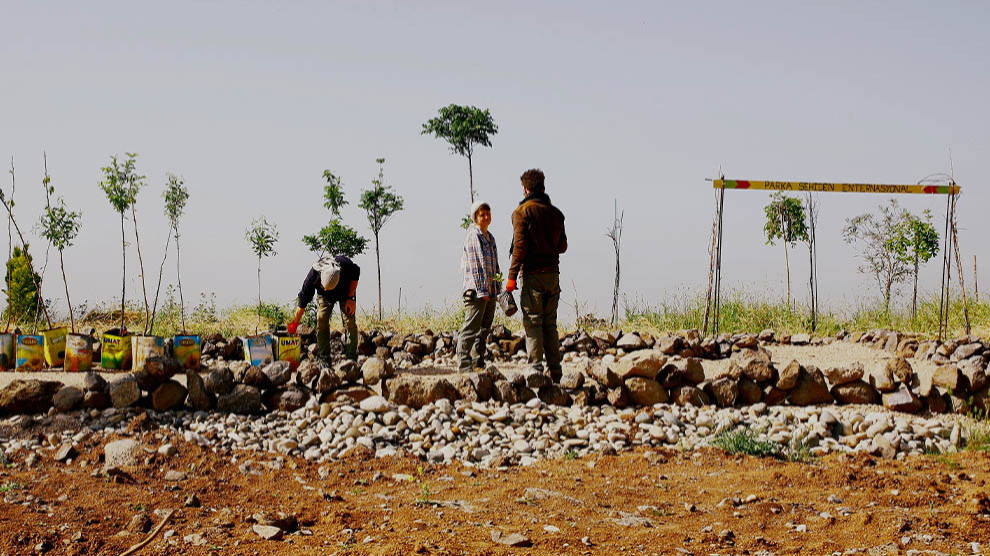
Not only the effects of the climate crisis but also the effects of the EU climate protection policy will be clearly experienced in the Middle East. In order for the climate policy-induced restructuring of the economy to succeed, it is necessary to include the people and societies in the Middle East in the EU’s climate protection policy. So far, this is not happening.
The European Day of Remembrance for the Victims of the Global Climate Crisis is initially only symbolic politics. This is also important. Such a political symbol appeals to people more easily than the work of parliaments on laws and rules. It is also right that this day focuses on all the victims of the climate crisis so far and not just those in the EU. Moreover, this day of remembrance should also focus on the expected victims of the economic consequences of an EU climate protection policy.
But this symbol must then also lead back to concrete political measures to effectively protect people from the consequences of global warming and also from the economic consequences of climate protection policy. Because it would be cynical to only commemorate the victims without at the same time introducing measures to prevent future victims of the climate crisis. Precisely for this purpose, the EU must rely on good international cooperation.
Rojava’s Autonomous Government: A Potential Ally for the EU
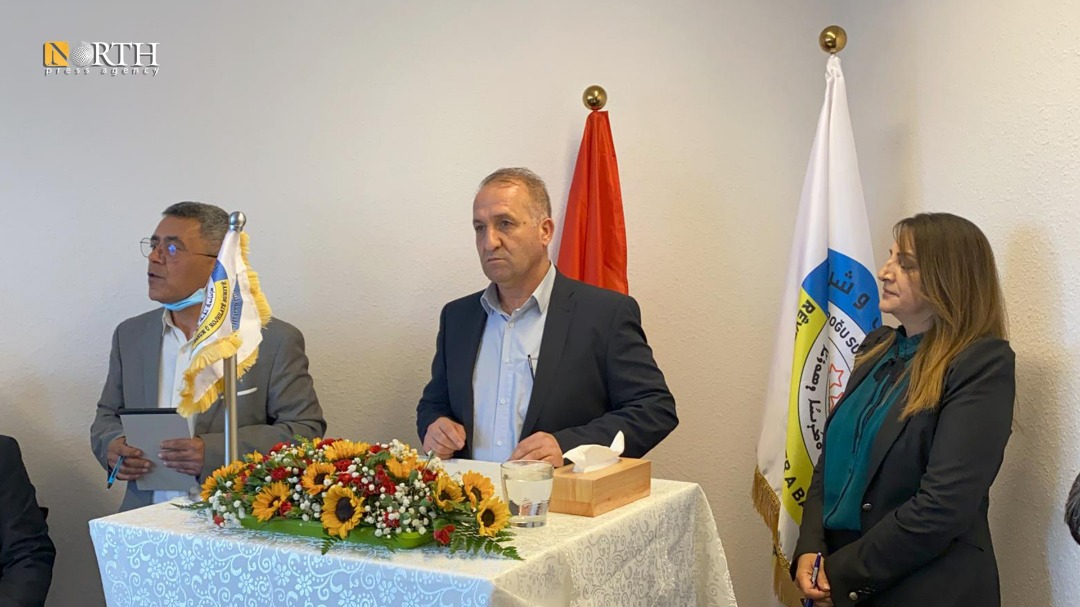
The autonomous self-government in Rojava would be a good and important partner for the EU in the region. Of course, compared to the surrounding authoritarian states, it is small and not nearly as powerful. But it is based on human rights, democracy, women’s rights, and sustainable economic activity. The latter means that in the autonomous self-government, there is already an awareness of climate-friendly economic activity – unlike in the other governments of the region. And human rights, democracy, and women’s rights are basic preconditions for a successful transformation of the economy in the region. Strengthening them and promoting their expansion is therefore also in the EU’s interest.
At the moment, it is rather unlikely that this will happen. But that is precisely why it is important to reflect on it, write about it and talk about it, in order to open up new perspectives. The EU’s new day of remembrance could help to widen our view of precisely this. Perhaps some people still remember that the modern European democracies were essentially the result of revolutions: above all the French Revolution of 1789.
* Jürgen Klute was a Die Linke (The Left) MEP and spokesman for the Kurdish Friendship Group in the European Parliament from 2009 to 2014. Since December 2016, he has been editing the Europa.blog.










